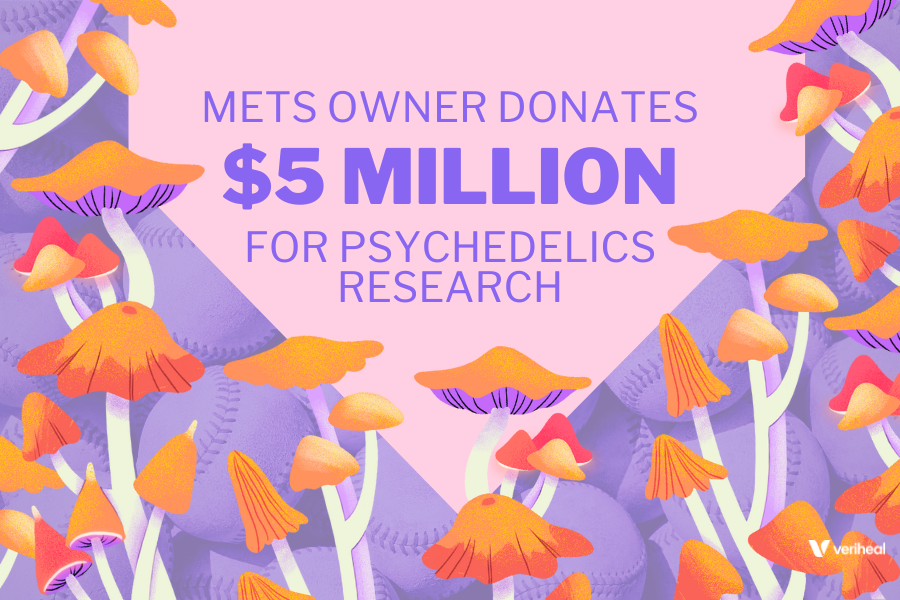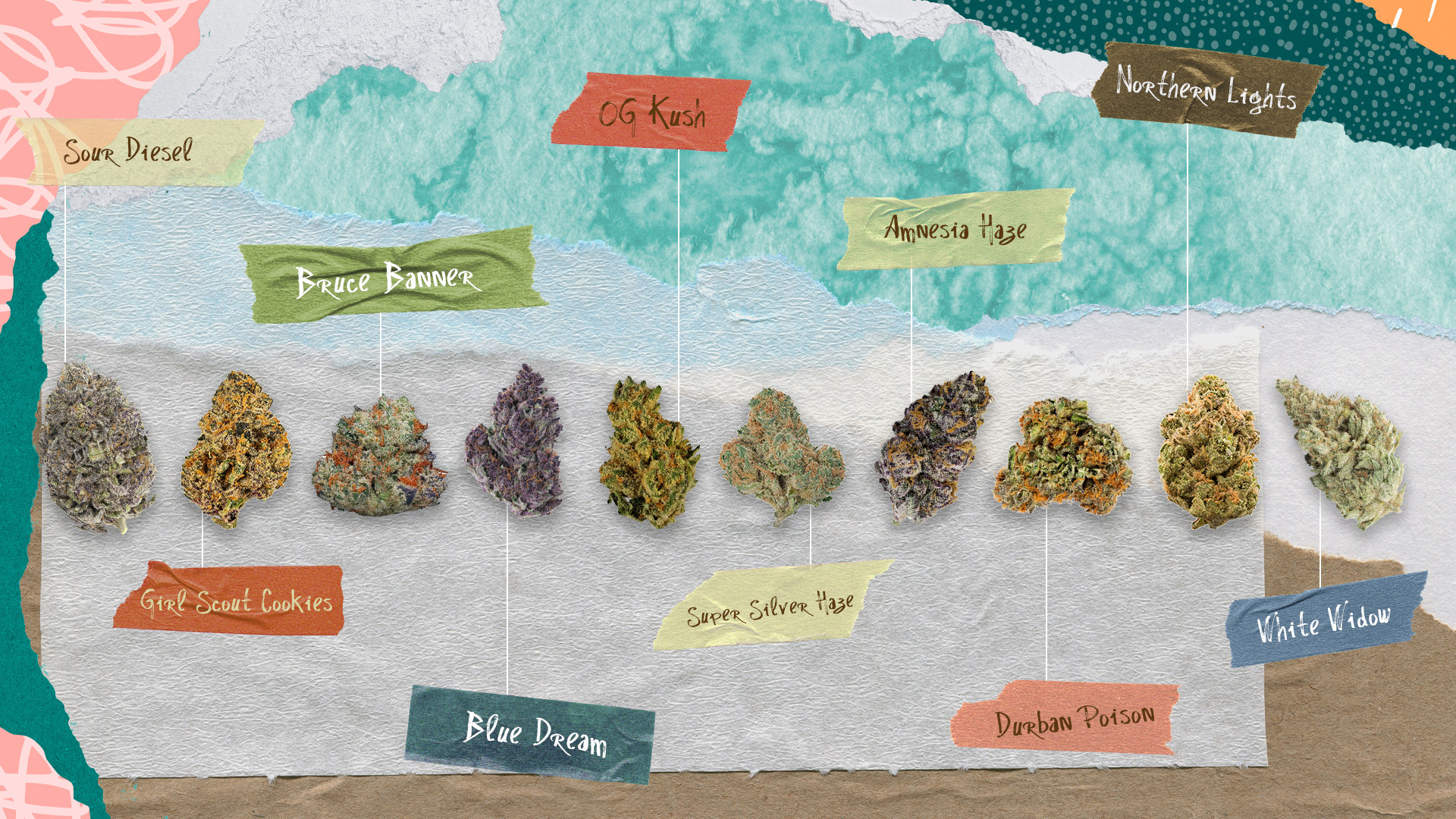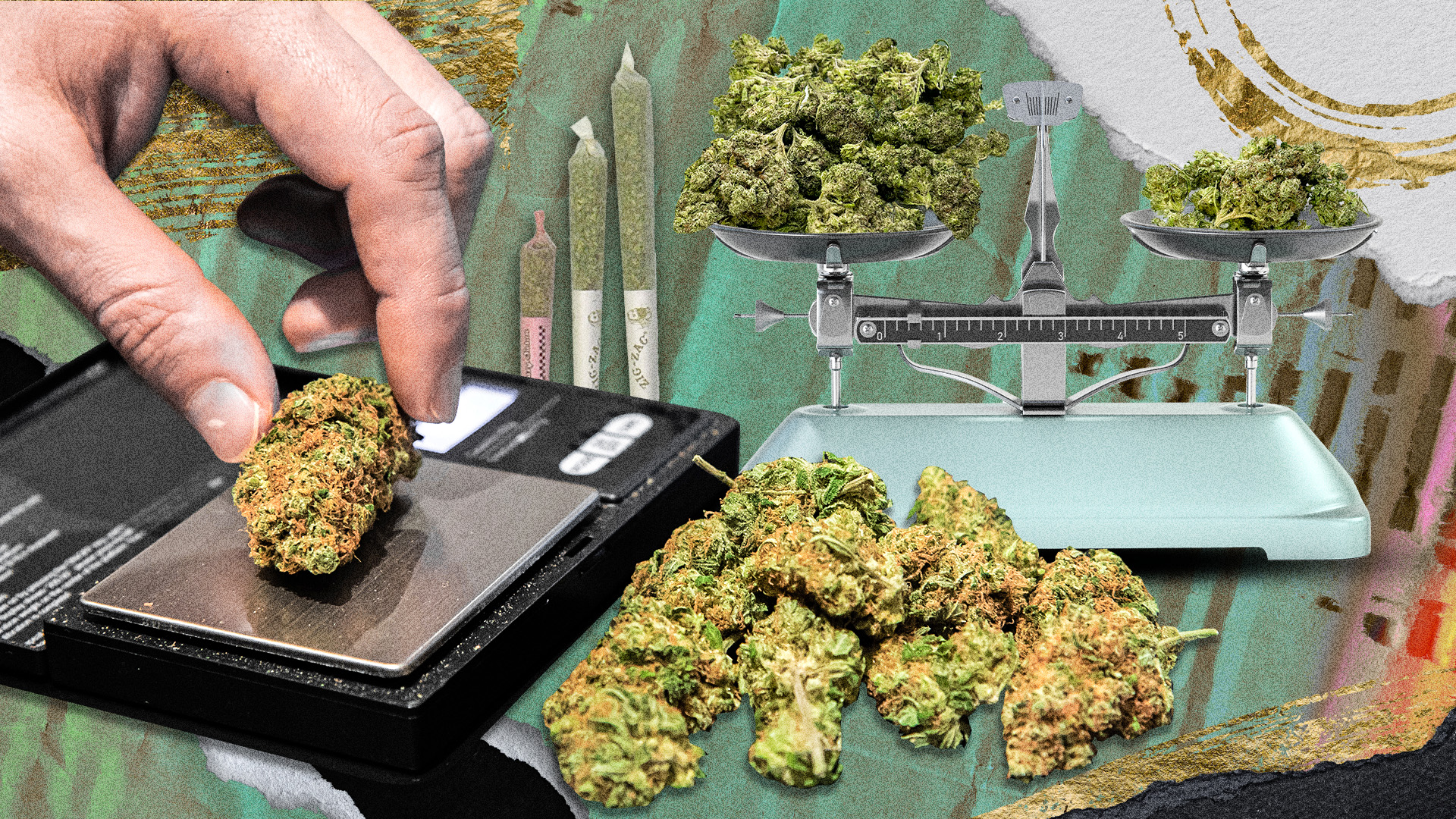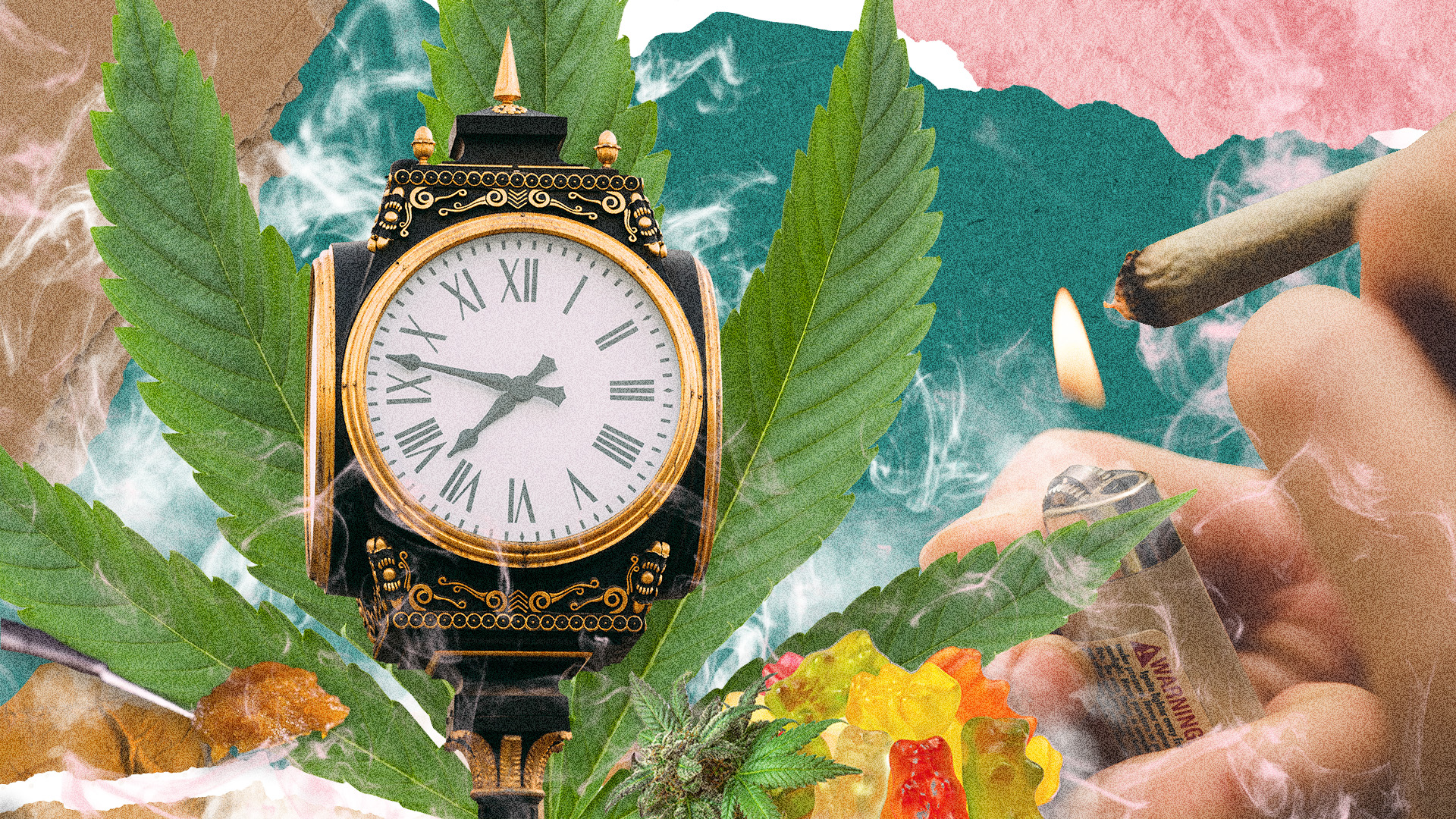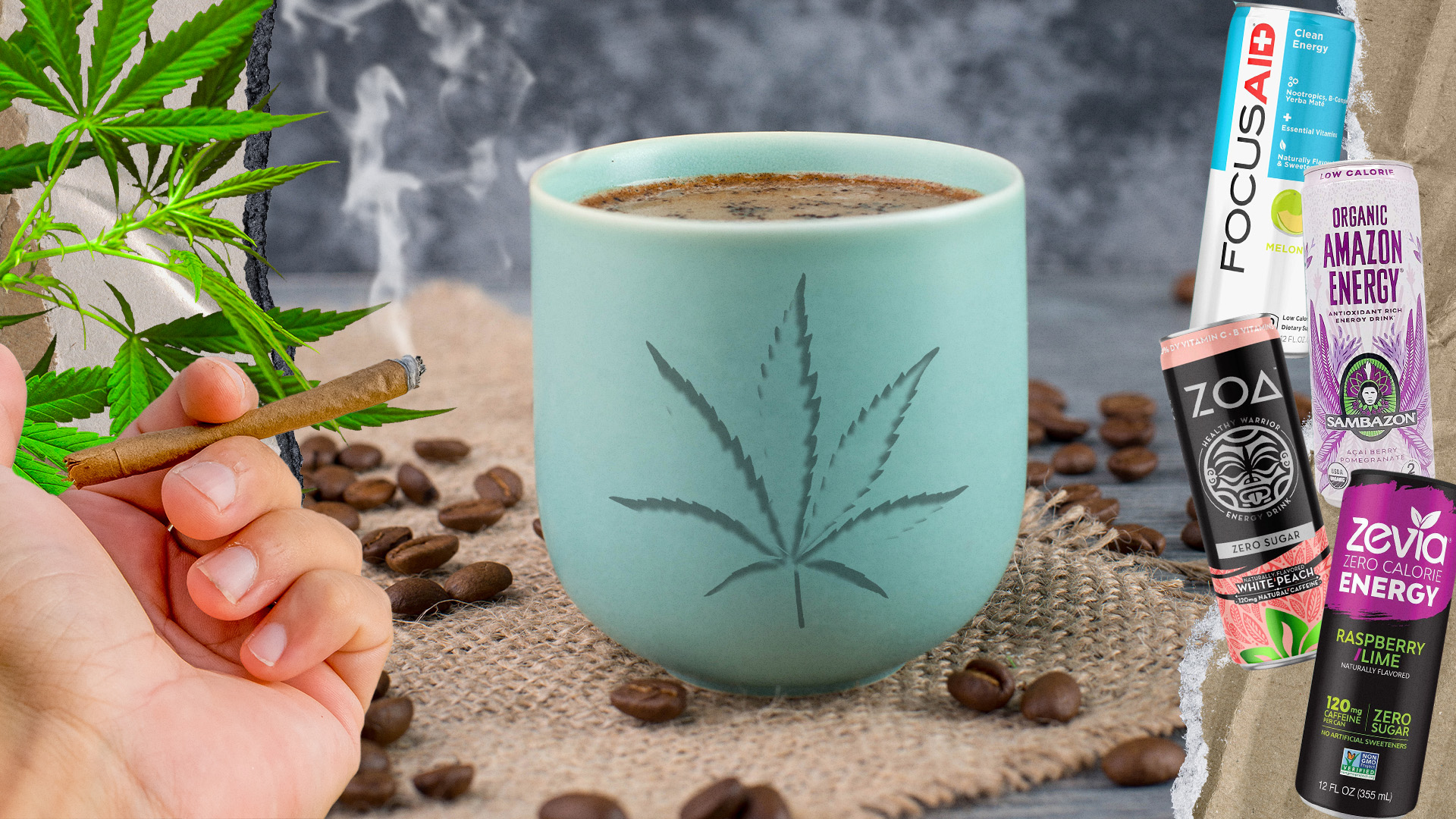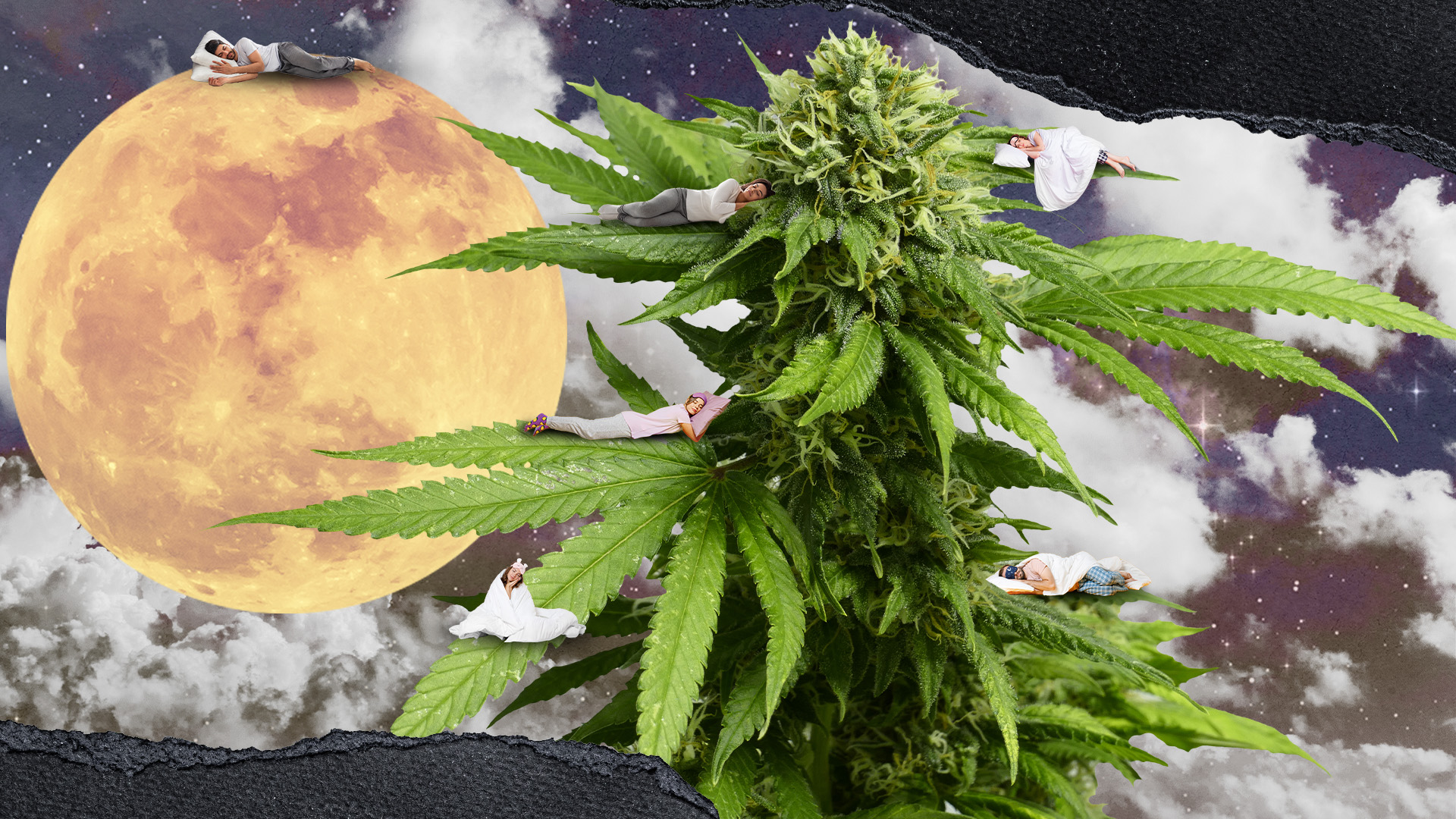On June 22, 2023, Mets owner Steve Cohen and his wife made headlines with his remarkable donation of $5 million donated to the Multidisciplinary Association for Psychedelic Studies (MAPS). The donation was made through the Steven & Alexandra Cohen Foundation—an organization founded by the hedge fund billionaire in 2001 to promote philanthropy and community service. Since the foundation’s launch, Steve and Alexandra Cohen have donated over $741.7 million in gifts in support of several causes, including the promotion of arts, Lyme and tick-borne disease research, protection of the environment, and, in this case, psychedelics research.
The Multidisciplinary Association for Psychedelic Studies (MAPS) is a 501(c)(3) non-profit organization. It was established in 1986 by Rick Doblin, Ph.D., to advance scientific research into the potential therapeutic benefits of psychedelics for mental health and well-being. The non-profit seeks to explore how psychedelics, such as MDMA, LSD, and psilocybin (the active ingredient in magic mushrooms), can be utilized in a controlled and supervised environment to treat various medical conditions like depression, anxiety, PTSD, and addiction.
Implications of Cohen’s Donation on Psychedelic Studies
MAPS intends to submit an MDMA drug application to FDA this year to be approved for mental health treatment. The foundation’s donation will go a long way in accelerating and facilitating the application and its possible approval. If the FDA approves the application, it will pave the way for integrating psychedelic treatment into mainstream medical health care. Also, it’ll reduce the stigma surrounding the supervised use of psychedelics.
Moreover, if the application receives FDA approval for PTSD treatment, MAPS has promised to establish a patient-assistance fund. The $5 million donation will assist the fund, providing financial assistance to individuals needing access to MDMA therapy.
The Emergence of Psychedelics as a Promising Area of Medical Research
The research into the medical benefits of psychedelics dates back to the late 19th century when mescaline—a psychedelic hallucinogen derived from mescaline-containing cacti, was discovered. In the mid-20th century, there were further investigations into more psychedelic substances and their use in mental health treatment. LSD was discovered in the 1940s and was extensively researched until the 1960s, when it was banned.
Other drugs like MDMA subsequently emerged and were explored during psychedelic-inclined therapies. However, they were also banned in the mid-1980s, and psychedelic research’s future seemed bleak until a few years ago. In recent years, a groundswell of scientific interest has reignited the exploration of these extraordinary compounds. Researchers have embarked on ambitious journeys with the nature of psychedelics and their potential to heal the human mind.
Notable research include:
Why You Should Get Your Medical Marijuana Card
Veriheal has satisfied millions of patients nationwide by giving them access to these benefits
- Larger purchase limits
- Peace of mind
- Enhanced legal protection
- Access to higher potency strains
- Save up to 25% on cannabis purchases
- Skip the line at the dispensary
Anxiety
Numerous research trials have examined the effects of psychedelic substances on anxiety. Substances like psilocybin, MDMA, and LSD have been the subject of these therapies. In 2008, there was a psilocybin-assisted psychotherapy session for end-of-life anxiety. The substance was administered in regulated quantities to twelve (12) patients with terminal illnesses, particularly end-stage cancer. At the end of the study, it was revealed that the therapy reduced patient anxiety and improved their moods without experiencing adverse effects.
Also, in 2014, some other patients participated in LSD-assisted sessions to test LSD’s ability to reduce the anxiety associated with terminal illnesses. One year after the psychotherapy, nine participants were evaluated and experienced therapeutic benefits without acute adverse effects.
Posttraumatic Stress Disorder
PTSD, a psychiatric disorder that develops in people exposed to traumatic events, can leave an indelible mark on a person’s psyche. It has known symptoms such as hyperarousal, difficulty concentrating, flashbacks and intrusive memories, social isolation, and emotional numbness. While conventional treatment methods have proved helpful for some, they do not provide lasting relief for all individuals, especially people with treatment-resistant PTSD. In the search for alternative methods, researchers have come to accept psychedelics as a compelling avenue.
The pilot trial with respect to the effect of MDMA-assisted psychotherapy in treating chronic PTSD and even subsequent trials have proved successful. Of twenty (20) participants in the pilot trial, 83% experienced reduced severity in their symptoms, while 74%showed long-term sustained symptom reduction even three and a half years later.
Addiction
Traditional anti-addiction treatments have proven benefits to addicts, but they are not universally beneficial. Understandably, people might be averse to treating addiction with psychedelics because they tend to be reliant on or addicted to them. However, such fears will not materialize if treatment is administered in a controlled environment and under medical supervision.
Addicts in psilocybin-assisted therapy sessions have been reported to experience a dissolution of ego and a heightened sense of connectedness with themselves, others, and their environment. Ayahuasca-induced treatments have also handled cases of addiction by prompting feelings of self-awareness, compassion, and emotional breakthrough.
Conclusion
The results of psychedelic therapy trials have been transformative and awe-inspiring. They have proved that in controlled environments and under the guidance of skilled therapists, these drugs could heal the minds of mental health patients and carefully guide them to self-discovery. It’s also remarkable that MAPS is pursuing FDA approval for these substances. But what’s even more laudable is the organization’s intent to continue its research even if the application is not approved.
Luckily, they have visionary benefactors like the Steven & Alexandra Cohen Foundation, nurturing the momentum and providing indispensable support.
Author, Share & Comments











